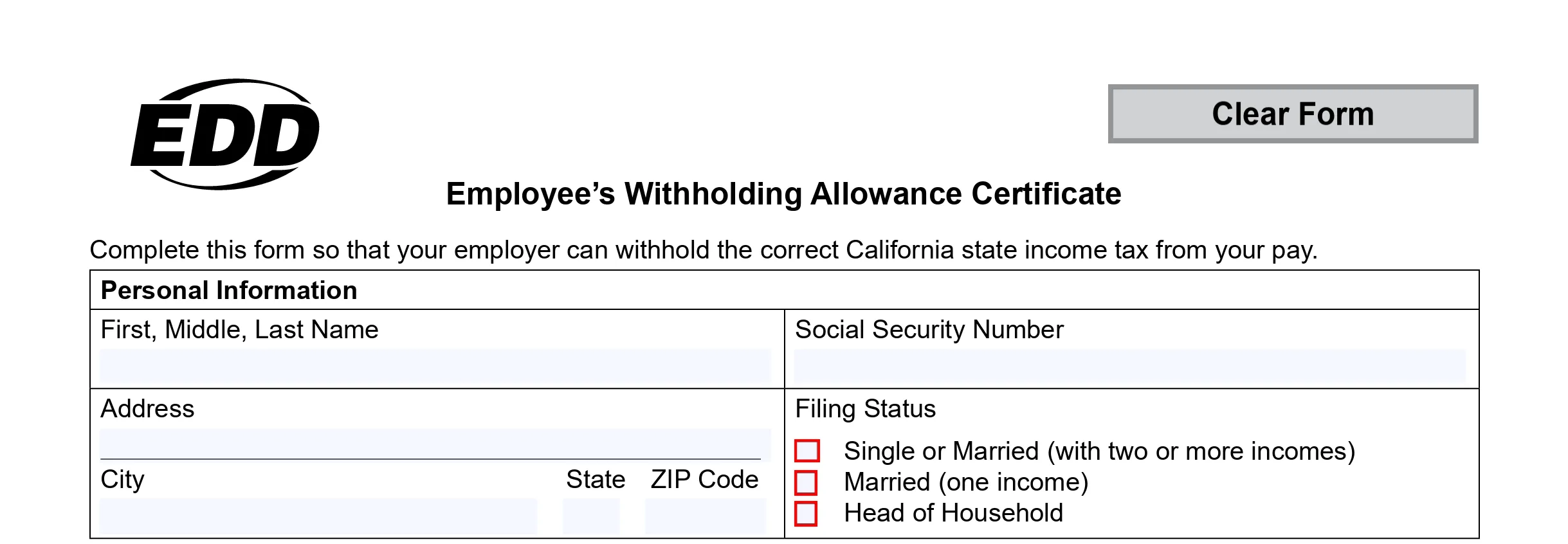How to Choose the Best Accounting Software for Your Law Firm
Choosing the right accounting software is a critical decision for any law firm. Proper financial management, especially when handling client trust accounts, is essential for maintaining compliance and building trust. With so many options available, deciding which software is best for your firm’s unique needs can be overwhelming.
In this blog, we will explore key features to look for in accounting software for law firms, compare popular options like QuickBooks, Clio, and TrustBooks, and provide a guide to selecting the best accounting solution for your firm.

Key Features to Look for in Accounting Software for Law Firms
When choosing accounting software for your law firm, it’s important to prioritize features that will streamline your operations and help you stay compliant with industry regulations. Here are some key features to look for:
1. Client Trust Account Management: Law firms must separate client funds from operating funds, especially when managing trust accounts (IOLTA). Ensure that the software has robust tools for tracking client trust accounts, including easy reconciliation and compliance with IOLTA rules.
2. Billing and Time Tracking: Billing clients accurately is crucial for a law firm’s revenue. Look for software that allows you to track billable hours easily, create custom invoices, and set up automated billing for recurring clients.
3. Tax Compliance: Tax laws affecting law firms are complex. The software should help you track deductible expenses, calculate sales tax, and generate reports that simplify tax filings.
4. Data Security: Given the sensitive nature of legal work, your accounting software should have strong security features to protect confidential client information and comply with privacy laws.
5. Integration with Other Tools: Ensure that the software can integrate with other tools you use, such as case management software, document storage, and payment processing tools, to avoid duplication of efforts.
Comparing QuickBooks, Clio, TrustBooks, and Other Software for Trust Account Management
There are several accounting software options available for law firms, each with unique features suited for specific needs. Let’s take a look at three popular choices: QuickBooks, Clio, and TrustBooks.
QuickBooks
QuickBooks is one of the most widely used accounting software platforms for small businesses, including law firms. It offers a range of features, including invoicing, expense tracking, payroll, and tax management.
Pros:
• Easy to use and widely recognized.
• Offers robust invoicing and expense-tracking features.
• Can integrate with a variety of third-party tools.
Cons:
• Lacks specialized features for law firms, such as trust account management.
• May require additional customization or third-party apps for IOLTA compliance.
Best for: Firms that need general accounting features with flexible customization options and manage low number of trust account cases.
Clio
Clio is a practice management software specifically designed for law firms, and it includes built-in accounting features. It provides solutions for case management, time tracking, billing, and client trust account management.
Pros:
• Designed specifically for law firms with features like trust account management (IOLTA).
• Integrates seamlessly with case management and other legal tools.
• Supports automated billing and time tracking.
Cons:
• Higher cost compared to general accounting software.
• Might have a steeper learning curve for those unfamiliar with legal-specific software.
Best for: Law firms that need an all-in-one case management and accounting solution.
TrustBooks
TrustBooks is an accounting software built specifically for managing client trust accounts (IOLTA). It is designed to streamline the reconciliation process and help firms stay compliant with state and federal regulations.
Pros:
• Simple and easy-to-use interface.
• Automated trust account reconciliation.
• Compliance with IOLTA regulations, ensuring the correct management of client funds.
Cons:
• Limited features beyond trust account management, so you may need another software for general accounting tasks.
Best for: Law firms primarily focused on managing client trust accounts with limited need for other accounting functions.

How to Integrate Accounting Software with Your Firm’s Existing Tools
Integrating your accounting software with other tools your law firm uses is critical for efficiency. Here are a few steps to consider:
1. Choose software that integrates well with your case management system: Many accounting software platforms for law firms, like Clio, offer built-in integration with case management systems. This integration streamlines workflows, reducing the need for double data entry and improving accuracy.
2. Consider Payment Processing Integration: Make sure your accounting software can integrate with your firm’s payment processing system to automatically record payments and reduce manual data entry.
3. Automate Reporting: Use integration tools that allow the automatic generation of financial reports. This feature can save time during tax season and give you insights into your firm’s financial performance at a glance.
4. Secure Your Data: Ensure that both your case management software and accounting software have strong encryption and security features to protect sensitive client data.
Tips on Maximizing the Use of Accounting Software to Save Time and Reduce Errors
1. Use Automated Features: Take advantage of automated billing, time tracking, and reconciliation features. Automation reduces human error, improves efficiency, and ensures consistency.
2. Regularly Update Your Software: Keep your accounting software updated to benefit from the latest features, security patches, and compliance changes.
3. Integrate with Your Bank: Many accounting software platforms allow you to connect directly to your business bank account. This makes it easier to import transactions and reconcile accounts quickly.
4. Train Your Team: Ensure that everyone in your firm is familiar with the software and its features. Proper training will help reduce mistakes and ensure everyone is using the tool effectively.
Conclusion
Choosing the right accounting software for your law firm is an important decision that can impact your financial efficiency, accuracy, and compliance. By selecting software that meets your firm’s specific needs—whether it’s handling trust accounts, time tracking, or tax reporting—you can streamline operations, reduce errors, and save time.
Investing in the right accounting tool is a crucial step in maintaining a well-organized, compliant, and profitable law firm.
Disclaimer: This blog is for informational purposes only and should not be considered tax advice. Consult with a qualified tax professional or advisor for personalized guidance based on your specific situation.
Reach out to us today at [email protected], and let's work together to optimize your tax situation and financial well-being. Your journey towards a more tax-efficient future starts here.



